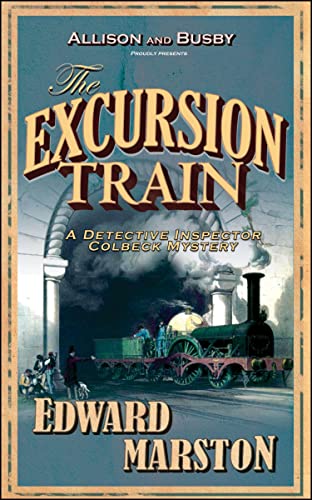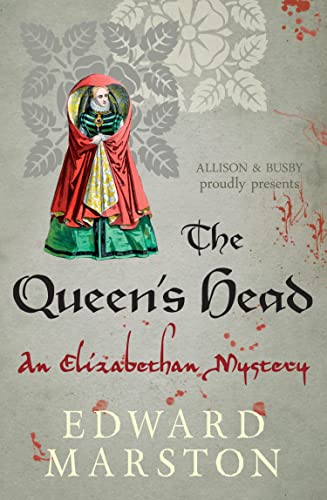
The Serpents of Harbledown: A Novel (Domesday Books/Edward Marston, Vol 5)
Hardcover – May 15, 1998
Description
From Library Journal Series sleuths Ralph Delchard and Gervase Bret (Lions of the North, LJ 9/1/96) suspect foul play in the supposed snake-bite death of a much-loved and -respected girl. Another realistic look at 11th-century Britain for historical mystery fans.Copyright 1998 Reed Business Information, Inc. From Booklist Norman lord and royal commissioner Ralph Delchard continues to roam the English countryside, solving mysteries while conducting a comprehensive land survey for William the Conqueror. In addition to wily lawyer Gervase Bret, reluctant clergyman Canon Hubert, and dour monk Brother Simon, Ralph's ever-expanding retinue now includes his lovely Saxon bride, Golde. Arriving in Canterbury to settle a property dispute raging between the cathedral and the local abbey, Ralph and Gervase unwittingly stumble upon the murder of a comely young maiden renowned for her compassionate visits to the local leper hospital. When they begin to suspect that the innocent Bertha was the victim of an insidious heretical sect preying upon naive young girls, Golde is kidnapped and her life is threatened by a defrocked priest. As Ralph and Gervase feverishly work to rescue Golde, they unearth a long-buried secret that provides them with the key to unlock several mysteries wrapped in one. Like Ellis Peters and P. C. Doherty, Marston employs a wealth of authentic detail. Margaret Flanagan From Kirkus Reviews Its 11th-century England and King Williams little band of emissaries is on the move again (The Lions of the North, 1996, etc.). This time, theyre on the road to Canterbury to settle a property dispute between the Cathedral, headed by Archbishop Lanfranc, and the Christ Church Priory, whose abbots run the St. Nicholas Leper Hospital in Harbledown, outside the city. Ex- soldier Ralph Delchard, now married to and accompanied by his Golde, the clever young lawyer Gervase Bret, and their entourage arrive in Canterbury just after the discovery of the body of sweet-natured teenager Bertha, who is found dead in shrubbery near the leper hospital, seemingly of a snakebite. Ralph, Golde, and Gervase are lodging with town Reeve Osbern. The Reeves wife Eadgyth is inconsolable at the news. So, too, is Berthas father Alwin the Sailor, along with many of the lepers at the hospital, to whom she had been an angel of mercy. The young leper Alain is especially distraught. When Ralph and Gervase become suspicious, its Alain who helps them prove that strangling, not snakebite, caused Berthas death. Not so, according to Helto the Doctor, the Osberns family physician. The fatal poisoning, in church, of good-hearted Brother Martin, and the kidnaping of Eadgyth, put Ralph and Gervase, with Alains help, on the trail of a merciless killer, even as their original mission ends with surprising ease. Muddied plot lines and a surfeit of political infighting, albeit in clerical robes, dont help the fifth in this series. But its still first-class entertainment for lovers of historical whodunits. -- Copyright ©1998, Kirkus Associates, LP. All rights reserved. Read more
Features & Highlights
- Perplexing clues lead commissioners Ralph Delchard and Gervase Gret to the hospital, where a young murder victim named Bertha, found dead with snakebites on her neck, volunteetered, and they begin searching for an evil force incarnate.





